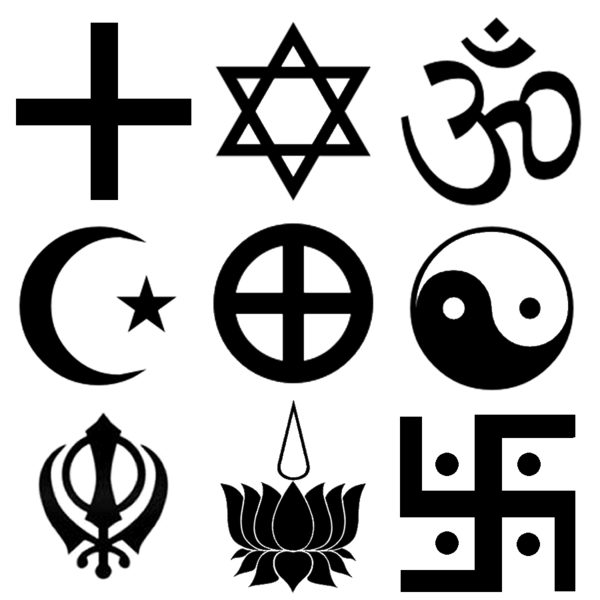The Uniting Church is a unique expression of the Christian faith that emerged in Australia in 1977. It represents a melding of diverse traditions, philosophies, and beliefs, specifically the convergence of the Congregational, Methodist, and Presbyterian churches. This union was not merely administrative but a deliberate act of ecumenism driven by a desire to embody the unity that Jesus prayed for in the Gospel of John. Thus, the Uniting Church serves as a pertinent illustration of how varying expressions of belief can coexist within a single ecclesial community, fostering both unity and diversity.
Theologically, the Uniting Church stands firm on a foundation rooted in the affirmation of Jesus Christ as Lord and Savior. Its doctrinal stance is firmly anchored in the tenets of the Nicene and Apostles’ Creeds, which encapsulate fundamental Christian beliefs concerning the nature of God, Jesus Christ, and the Holy Spirit. However, while the church acknowledges these essential doctrines, it simultaneously embraces an appreciated pluralism that recognizes the validity of diverse interpretations and practices among its congregants. This duality of fidelity to core doctrines alongside a wide-ranging acceptance of theological perspectives epitomizes the notion of unity in diversity.
In practical terms, the Uniting Church demonstrates its commitment to thriving amidst diverse understandings of faith through its inclusive approach to worship and community life. Congregations are encouraged to express their worship in ways that resonate with their local contexts. Such flexibility promotes a rich tapestry of liturgical expressions, ranging from traditional hymns to contemporary worship songs. Additionally, the church’s liturgy often incorporates elements from various cultural backgrounds, fostering an atmosphere where all are invited to participate and contribute their unique perspectives.
One of the unique features of the Uniting Church is its focus on justice and social responsibility. The church is actively engaged in social issues, advocating for the marginalized and promoting equity across various spheres of life. This commitment to social justice is not an afterthought but deeply embedded in its identity. It influences both its mission and its assortment of programs aimed at addressing issues such as poverty, environmental sustainability, and reconciliation with Indigenous peoples. The church believes that faith must be actionable, extending beyond liturgy into the public realm, where Christ’s teachings can guide the faithful in ethical living.
The Uniting Church also underscores the importance of ecumenical dialogue, believing that meaningful engagement with other faith traditions enriches the understanding of one’s own beliefs. Participation in interfaith discussions and collaborative community service projects reflects the church’s goal of building bridges with various religious groups. This approach aligns with the concept of ‘unity in diversity’, as it demonstrates that one need not abandon their beliefs to engage with others. Instead, the Uniting Church finds strength through collaboration, sharing ethos and values while maintaining distinct identities.
Within the church, there exists a plurality of theological perspectives, ranging from liberal to conservative viewpoints. Congregants come from varied socio-economic backgrounds, and their experiences inform their theological understandings. This diversity leads to vibrant discussions and debates, which are centrally encouraged rather than quelled. The church fosters a participatory model of leadership, empowering its members to take ownership of their faith journeys and engage critically with theological concepts. In this process, doubts and questions are seen as vital to spiritual growth, further solidifying the idea that diversity of belief is not only tolerated but celebrated.
Another essential aspect of the Uniting Church is its commitment to education and lifelong learning. Bible studies, theological forums, and workshops are integral components of church life, welcoming individuals at every stage of their faith journey. This educational emphasis not only deepens the faith of congregants but also equips them to engage thoughtfully with complexities related to modern-day life, such as ethics, science, and theology. In a world that increasingly emphasizes complexity, the Uniting Church seeks to develop critical thinking and reflective practices within its community.
In terms of governance, the Uniting Church employs a unique synodical structure that allows for a significant degree of local autonomy while still maintaining a cohesive national identity. Each congregation operates within its own cultural context, responding to the needs of its community while adhering to the overarching ethos of the church. This decentralized structure exemplifies the principle of unity in diversity; while congregations may practice their faith in divergent ways, they are united by shared values and mission objectives. Decision-making processes involve lay and ordained members alike, ensuring that a multitude of voices contributes to the collective direction of the church.
Finally, the future of the Uniting Church continues to revolve around its ability to maintain this delicate balance between unity and diversity. As society becomes ever more pluralistic and multicultural, the challenge will be to engage with contemporary issues while staying true to its foundational tenets. Addressing modern concerns and encouraging inclusivity will require ongoing dialogue and reflection. Ultimately, the Uniting Church is a testament to the belief that faith can be both a unifying force and a space for diverse expressions, creating a rich and nuanced community of believers. Its mission is a continual invitation to Christians and those exploring faith to join in the journey of understanding and spirituality, affirming that love, justice, and community are at the heart of what it means to belong.



